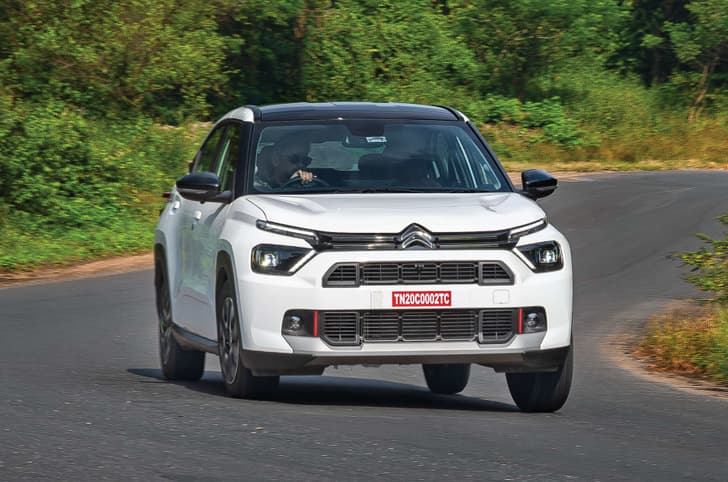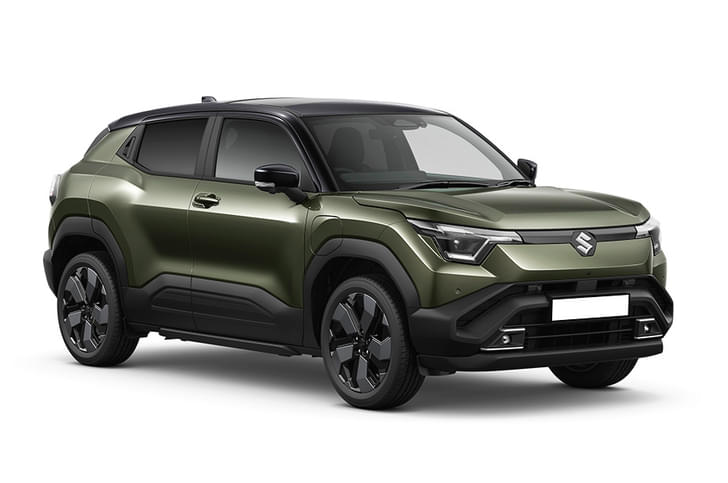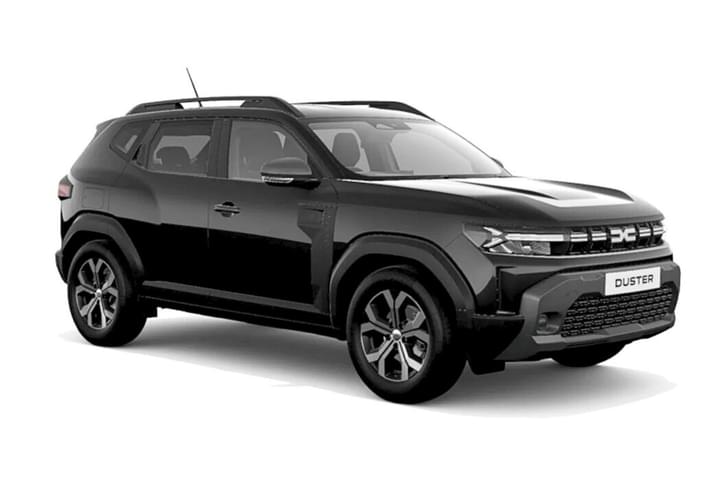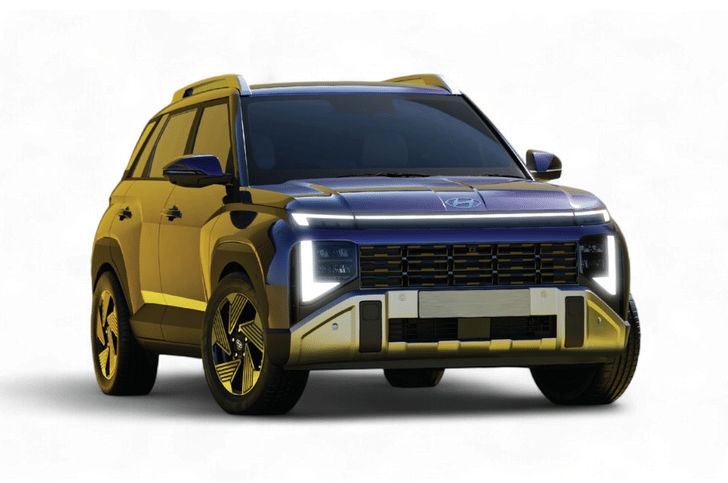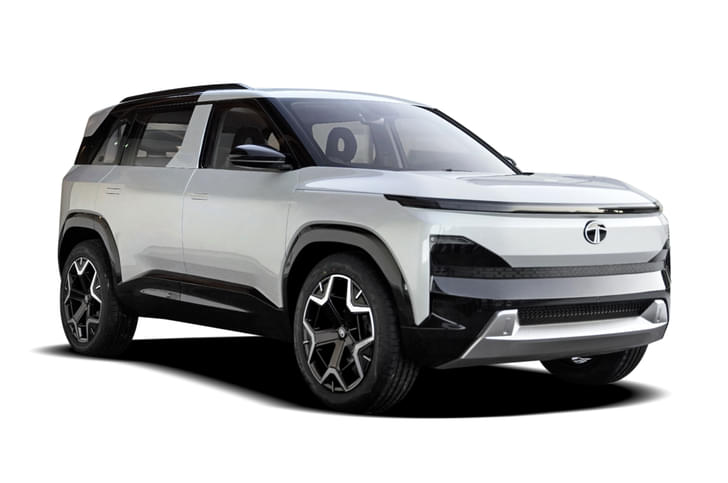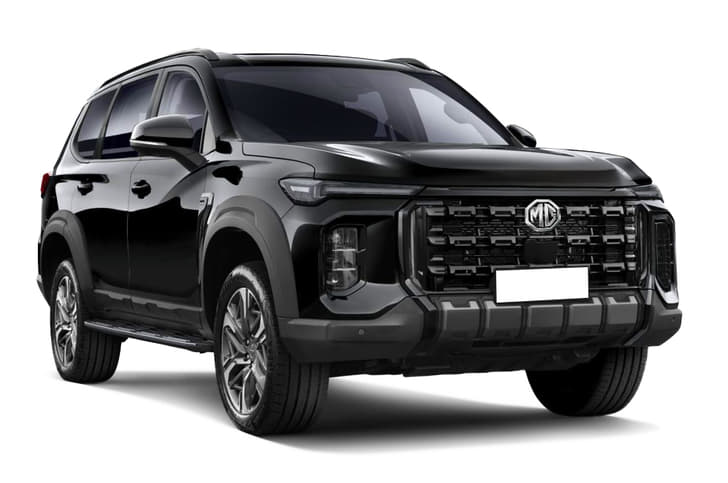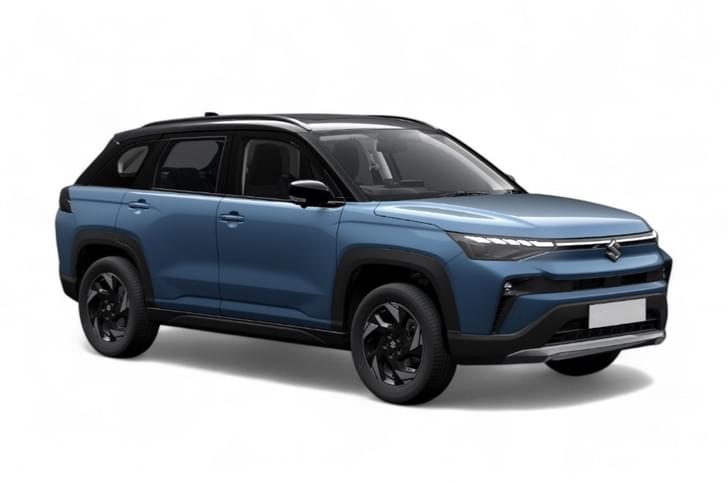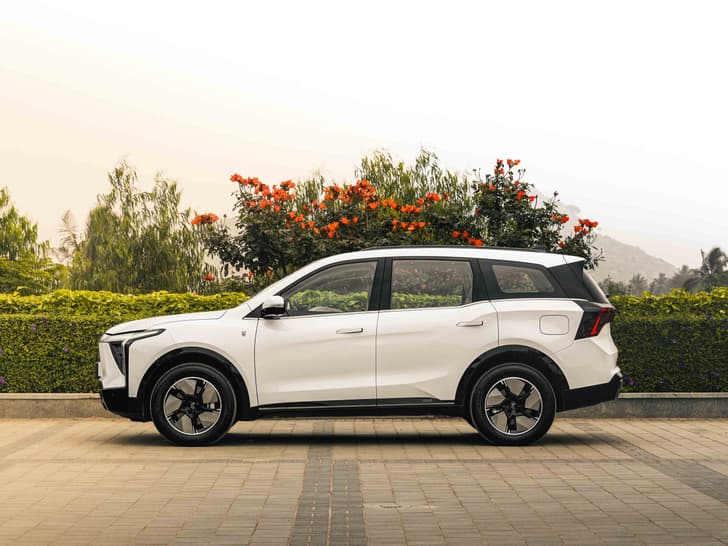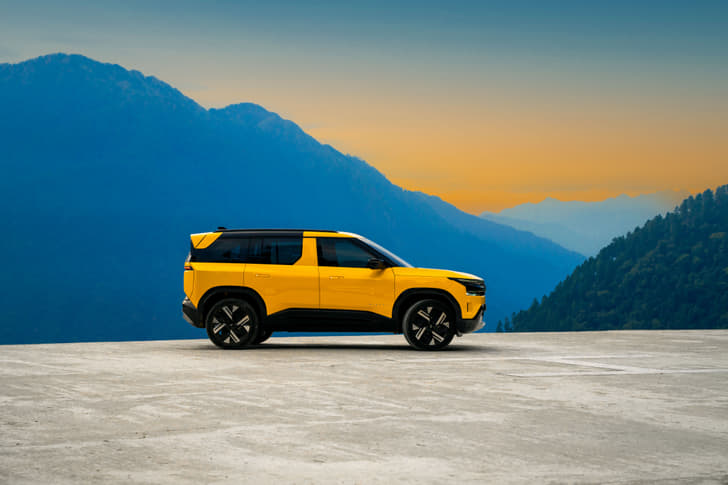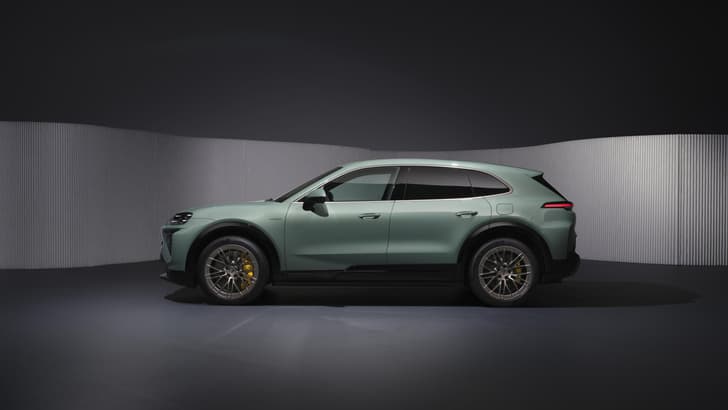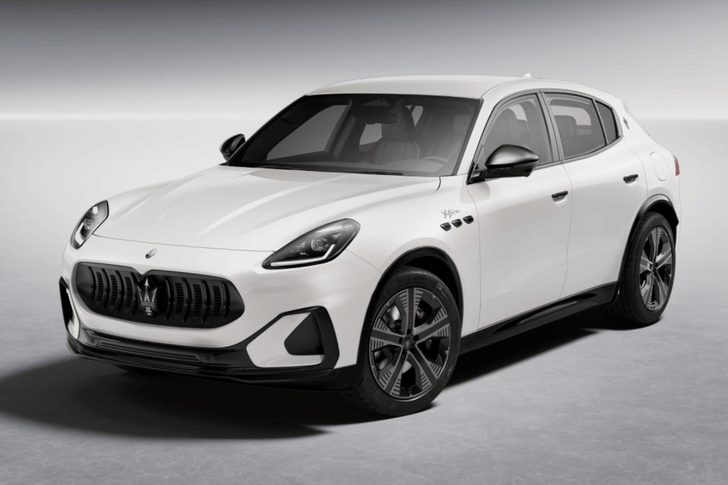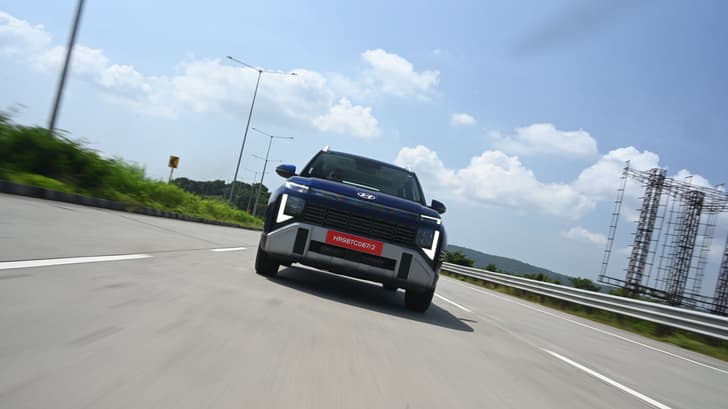WHAT IS IT?
If it hasn’t been the narrowing gap between petrol and diesel prices, the negative press diesel cars have received over the past few years has surely done its bit to get buyers to open up more to the idea of petrol-fueled SUVs. The Renault Captur petrol you see here is one such option for this lot of customers.
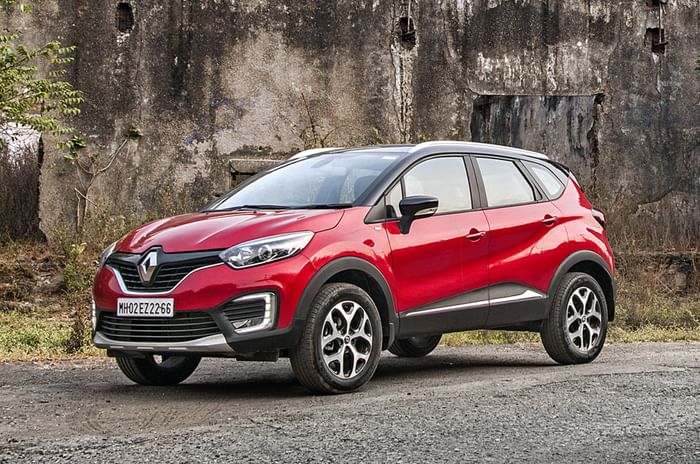
There’s not much that differentiates the petrol Captur from the diesel, except for the missing ‘dci’ badge on the tailgate. The wide stance of the car is well-complemented by the swooping lines on the side and the crystal-cut 17-inch alloy wheels are an added bonus. Renault recently introduced the Radiant Red body colour (pictured here) on the Captur; and with the contrast black roof, it does in fact look radiant. The roof rails are also new, but are just a cosmetic add-on and cannot carry any actual load. It’s worth noting that the Captur petrol variant is not available in the top-end Platine trim; which means that it loses out on some of the goodies like side airbags, electronic stability control and hill assist. On the outside, you do not have the same LED headlamps with floating indicators; instead, you get halogen projector headlamps.
WHAT’S IT LIKE INSIDE?
The interiors of the RXT variant are quite different than the top-end Platine variant. For starters, you have black-fabric seats with orange-and-blue stitching instead of the Platine's cream-leather seats. The seats are comfortable and provide good overall support, but taller drivers are sure to find their perch placed a touch too high, even at the lowest seat height. Unfortunately, the cabin plastics also leave much to be desired and the 7.0-inch touchscreen feels basic by today’s standards; there’s neither Android Auto nor Apple CarPlay.

There’s nothing new to report of in terms of the experience at the back. Space for the rear passengers is fair (even if far from being class-leading) though there’s decent headroom and under-thigh support. The shoulder room at the back is also adequate, but best for two passengers. Again, boot space is a decent 392 litres (expandable to 1,353 litres by folding seats), but the loading lip is still quite high.
WHAT’S IT LIKE TO DRIVE?
Renault’s 1.5-litre H4K petrol engine does duty on the Captur and puts out 106hp at 5,600rpm and 142Nm of torque at 4,000 rpm. It has the same engine that powers the Duster petrol, although there’s no option of a CVT here. Transmission duties are taken care of by a 5-speed manual gearbox.
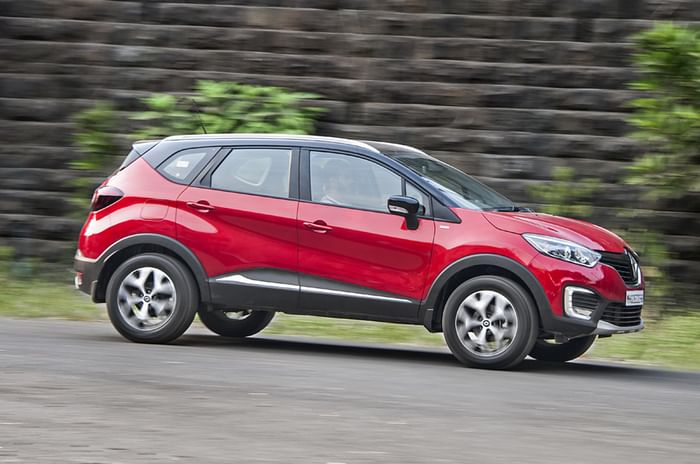
The engine runs largely quiet (it gets strained in the upper reaches of the rev range) and given the Captur’s good sound-deadening, what you get is a fairly quiet experience. With a light clutch, the Captur rolls off the line in a nice and smooth manner. At low speeds, the engine is responsive to every dab of the accelerator, but the build of speed isn’t riveting. Sure, power delivery is linear but you’ll be left longing for a livelier mid-range. There’s only so much 142Nm of torque can do in an SUV of this size. For reference, the Captur diesel’s engine punches out 240Nm. Talking performance, the Captur petrol is no match for the diesel, really. The Captur petrol is 3.42sec slower than the diesel (10.46sec) in the 20-80kph third-gear run. The 40-100kph run in fourth gear also takes painstakingly long – over 20.54seconds (diesel takes 11.82 seconds). That being said, performance is fine for ambling around town and sufficient to keep up with traffic; but quick overtakes aren’t the Captur petrol’s cup of tea – and you will need to downshift a gear (or sometimes even two) to get past other vehicles. The 5-speed gearbox has short throws and is pretty light to use, though there is a hint of notchiness during shifts. Pity, there’s no dead pedal to rest your left foot.
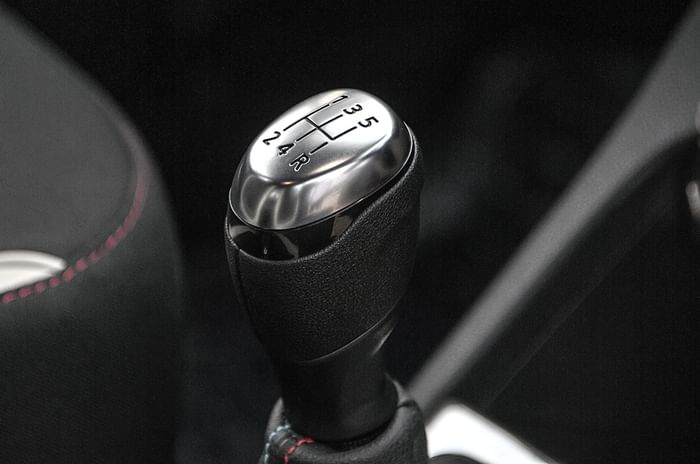
In terms of handling, the Captur petrol is similar to its diesel sibling. The steering feels well-connected to the road but suffers from kickback at speed on long winding turns. The suspension set-up is well-suited for Indian conditions and handles bad roads pretty well. Only sharp and big potholes are felt inside the cabin. Even on the highways, there’s very less vertical movement and the car feels composed overall. In fact, the Captur petrol is really confidence-inspiring on Indian highways. But if long journeys are a recurring item on your calendar, you might need to work the economics of going petrol. The Captur petrol’s ARAI rated fuel economy is 13.87kpl while the diesel is rated with a figure of 20.4kpl.
SHOULD I BUY ONE?
The high-spec RXT variant of the Captur petrol costs Rs 11.46 lakh – which makes it a full Rs 1.21 lakh more affordable than the corresponding diesel variant. Note, a comparably specced Creta petrol costs Rs 1 lakh more; although you do get more power, space and features in the Hyundai.
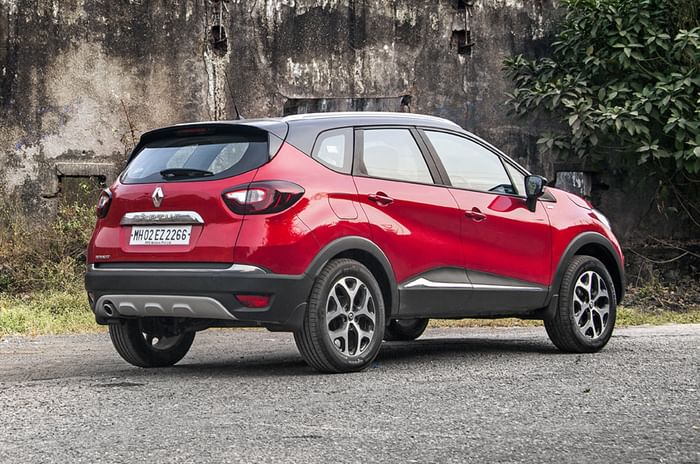
Is the Captur petrol the SUV for you? If your usage primarily consists of urban commutes with the occasional out-of-town sojourn, the Captur petrol does make for a fair choice. The refinement, ride quality and tough build are the talking points and even performance is sufficient for the everyday grind; but what would make the Captur petrol easier to recommend would be the option of a CVT automatic gearbox. I hope the good folk at Renault are reading this.






